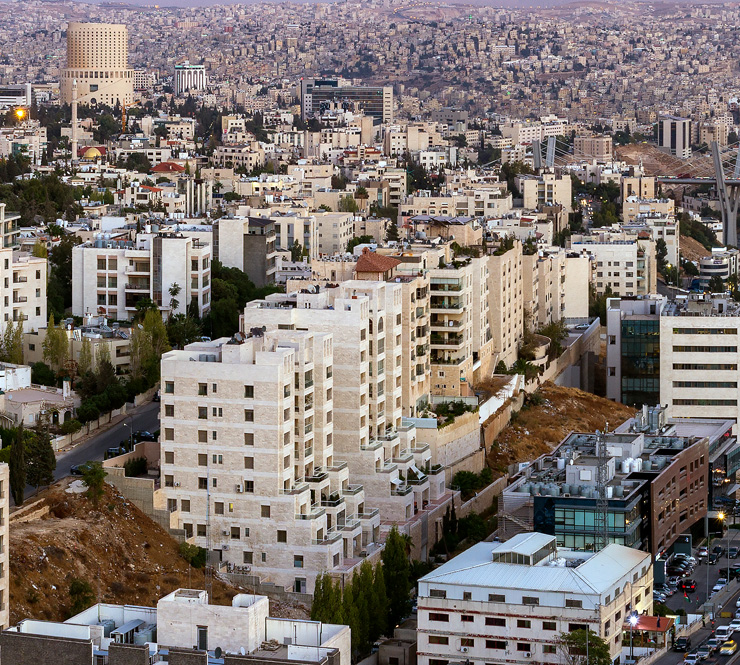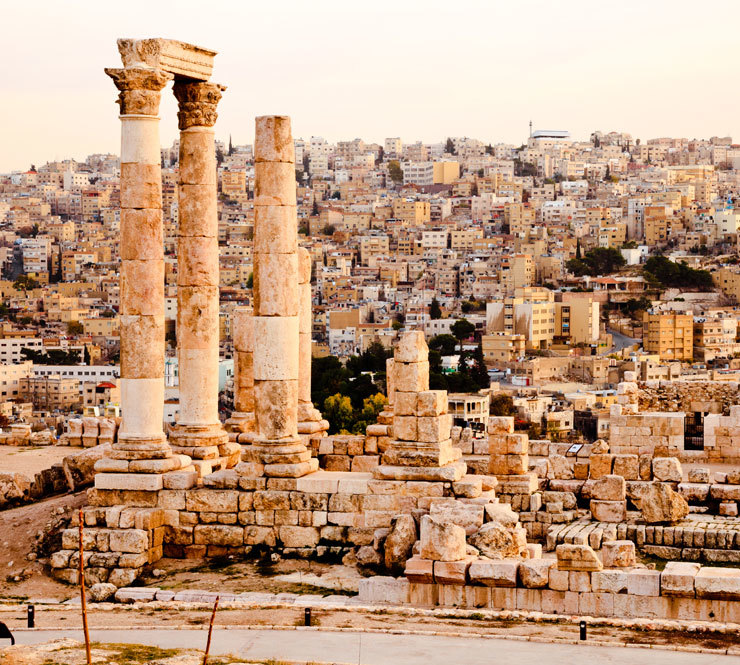COURSE DETAIL
This course continues students' education in Arabic and builds on previous coursework, with a prerequisite of one semester of Arabic language study. The course develops skills to differentiate basic structures and short phrases as well as retrieve the root for any Arabic word and ten forms; demonstrate the ability to read short texts and comprehend theme, read aloud with good pronunciation and read correctly with short and long vowels; repeat and write words, phrases from listening material; apply vocabulary, write questions and answers and arrange sentences to write a short story; describe family, relatives, friends, places and favorite topics in short sentences. The course emphasizes a communication-based method of instruction. Students are expected to be active learners, coming to class prepared to activate vocabulary and grammar through group activities. Instead of lecturing, instructors primarily facilitate these communication-based activities and guide student learning.
COURSE DETAIL
This course provides an in-depth exploration of Jordan’s culinary traditions and their connections to culture, history, and identity. The course combines a historical/anthropological approach with an overview of contemporary practices around food in Jordan to understand evolving notions of cuisine within its national culture (lifestyles, techniques, media, and representations). While Jordan’s cuisine once aggregated local and imported traditions as national in nature, it has seemingly undergone a reverse process since the start of the twenty-first century, diversifying into multiple contexts (and recipes) under the pressure of factors such as affordability, politics, and social media. This course fosters a comparative approach around the preparation of food and related rituals, offering direct experiences of Jordan cuisine as it is thought about, prepared, served, and received.
COURSE DETAIL
This course is designed for students to communicate effectively in the Jordanian dialect. The course introduces students to words, expressions, and structures used frequently in everyday life. It also introduces students to the Jordanian culture and how to communicate with locals. The course develops skills to distinguish the fundamental grammatical structure of colloquial Arabic from that of Modern Standard Arabic; express themselves on all aspects of daily life in colloquial dialect, and understand native speakers themselves on these same subjects; recognize different accents of Jordanian colloquial dialect; demonstrate appropriate cultural inferences. The course emphasizes a communication-based method of instruction. Students are expected to be active learners, coming to class prepared to activate vocabulary and grammar through group activities. Instead of lecturing, instructors primarily facilitate these communication-based activities and guide student learning.
COURSE DETAIL
This course is designed for students to communicate effectively in the Jordanian dialect. The course introduces students to words, expressions, and structures used frequently in everyday life. It also introduces students to the Jordanian culture and how to communicate with locals. The course develops skills to differentiate the fundamental grammatical structure of colloquial Jordanian Arabic from that of Modern Standard Arabic; describe all aspects of daily life in conversation with native speakers and understand native speakers themselves on these same subjects; recognize different accents of Jordanian colloquial dialect; show appropriate cultural inferences. The course emphasizes a communication-based method of instruction. Students are expected to be active learners, coming to class prepared to activate vocabulary and grammar through group activities. Instead of lecturing, instructors primarily facilitate these communication-based activities and guide student learning.
COURSE DETAIL
This course is for students at the Intermediate II level or above with prior knowledge of vocabulary, terms, and compositions of press and media related subjects such as politics, economy, diplomacy and international relations, wars and conflicts, political parties, and regimes. It discusses the most recent and important events both regionally and internationally by referring to various media sources either written or visual. In addition, news materials are discussed by referring to multiple news outlets and resources for the purposes of comparison. The course also heavily focuses on media-related vocabulary.
COURSE DETAIL
Students complete a total of 100-120 hours of research and meet regularly with an advisor to complete an academically rigorous, ethically sound, and culturally appropriate research project and final research paper. The course provides an opportunity to conduct ethical research; analyze primary and secondary source materials; extrapolate relevant content; make contributions to current research; exchange ideas with professionals in prospective fields; develop a scholarly research paper with a defensible argument, supported by evidence and accurate citations; and suggest additional research to be conducted in prospective fields. The research project must be approved by the CIEE Center Director and the student's home school IRB committee. Assessment is based on a research paper that evidences the proposed project, including a literature review, an explanation of the methodology, and suggestions for future research. In addition, students present their findings in a presentation to a panel of academics for feedback and keep a well-documented journal of field notes and findings.
Pagination
- Page 1
- Next page


